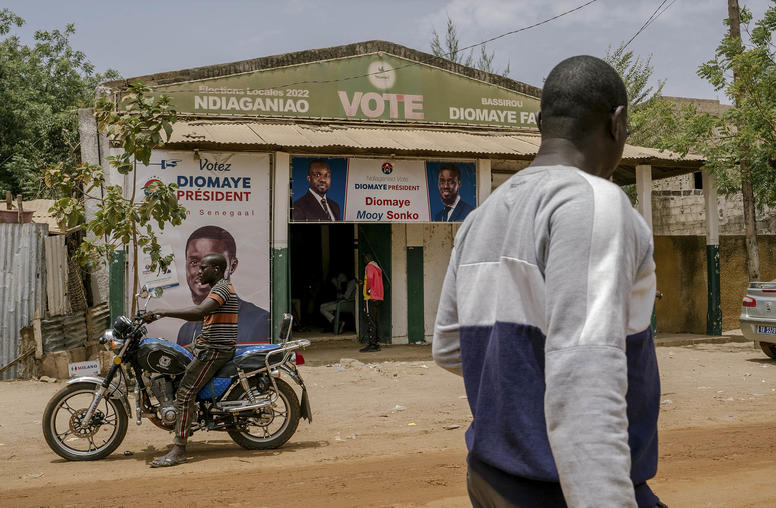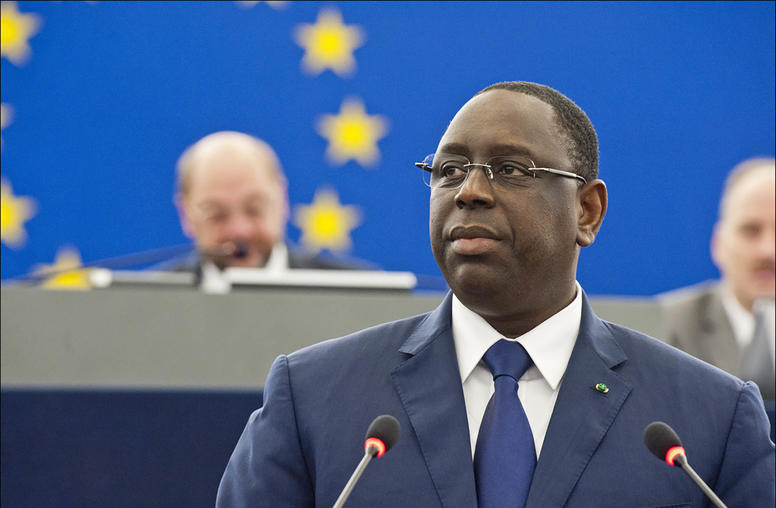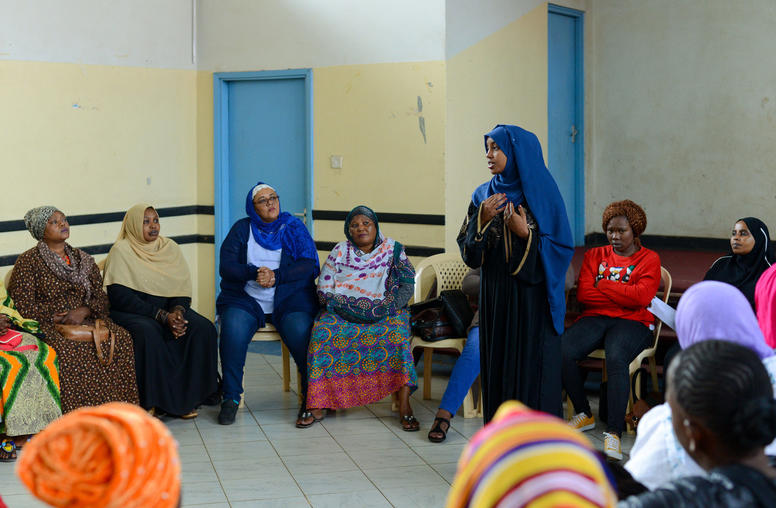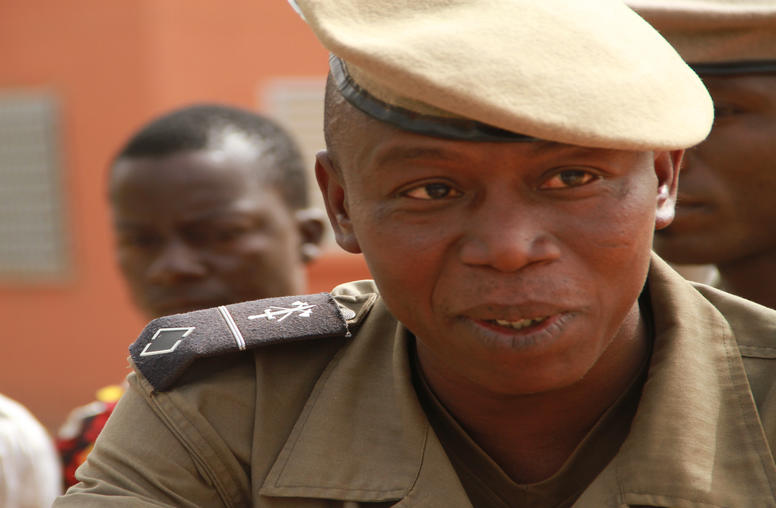 Senegal
Senegal
In recent years, Senegal’s long-standing stability has been shaken by the protracted 40-year insurgency in its Casamance region, as well as by a growing power struggle between the national government and the political opposition, resulting in deadly clashes in 2021. Since 2016, USIP has worked with communities, security forces and government representatives to increase participation in security processes through dialogues and collaborative mechanisms.
Featured Publications

For Peace in Africa, Boost Regional Blocs — Like West Africa’s ECOWAS
As the United States and international partners work to stabilize Africa’s Sahel region — and to prevent its warfare, violent extremism and armed coups from metastasizing into Africa’s densely populous and strategic Atlantic coast — the West African multinational bloc, ECOWAS, has proven its value in resolving crises and promoting stability. Yet, as global security threats have evolved, ECOWAS, like other multinational bodies, needs updated capacities to meet new challenges. International democracies’ most effective initiative to support West Africa’s stability would be to partner with West Africans to strengthen their vital regional community. A similar strategy is valid across Africa.

Senegal just saved its democracy. That helps all West Africa.
Senegal’s dramatic transfer of presidential power this week highlights that West Africa, routinely seen as a zone of democratic erosion and failure, includes an arc of resilient coastal democracies — from Senegal to Liberia, Ghana and Nigeria. The Senegalese people’s resolute reversal of last month’s constitutional crisis shows that U.S. and international efforts to counter violent extremism and military coups can reinforce a potent West African democratic constituency. Vital next steps include these: supporting Senegal’s democratic forces in shifting from “campaign mode” to inclusive governance; promoting economic investment to bolster youth employment and rule-of-law reforms; and energizing a West African democratic alliance against extremism and coups.

Suddenly, Senegal Is a New Risk for Democracy in Africa
The sudden actions by Senegal’s president to postpone this month’s presidential election by 10 months threaten to seriously undermine political stability and peace in a nation that has been a resilient democracy in West Africa, where multiple military coups d’état have occurred in recent years. This move poses risks of authoritarianism, violence and economic setbacks for Senegal’s 17 million people, and deeper regional insecurity. Friends of Senegal and democracy, in the United States, Africa and beyond, must unite behind the clear desire of Senegal’s people to maintain peaceful, freely elected democracy under its constitution.
Current Projects

Women Preventing Violent Extremism (WPVE) in the Horn and Sahel
USIP’s Women Preventing Violent Extremism (WPVE) program aims to shape national policies and community approaches to countering violent extremism in the Horn of Africa and the Sahel. USIP does this by empowering women-led organizations and building local capacity that fosters collaboration between community-level activists and national-level policymakers.

Justice and Security Dialogues
In countries of Africa, the Middle East and Asia, USIP has pioneered a method to bring state officials, community leaders and citizens together to work out the roots of their problems and cooperatively rebuild security.